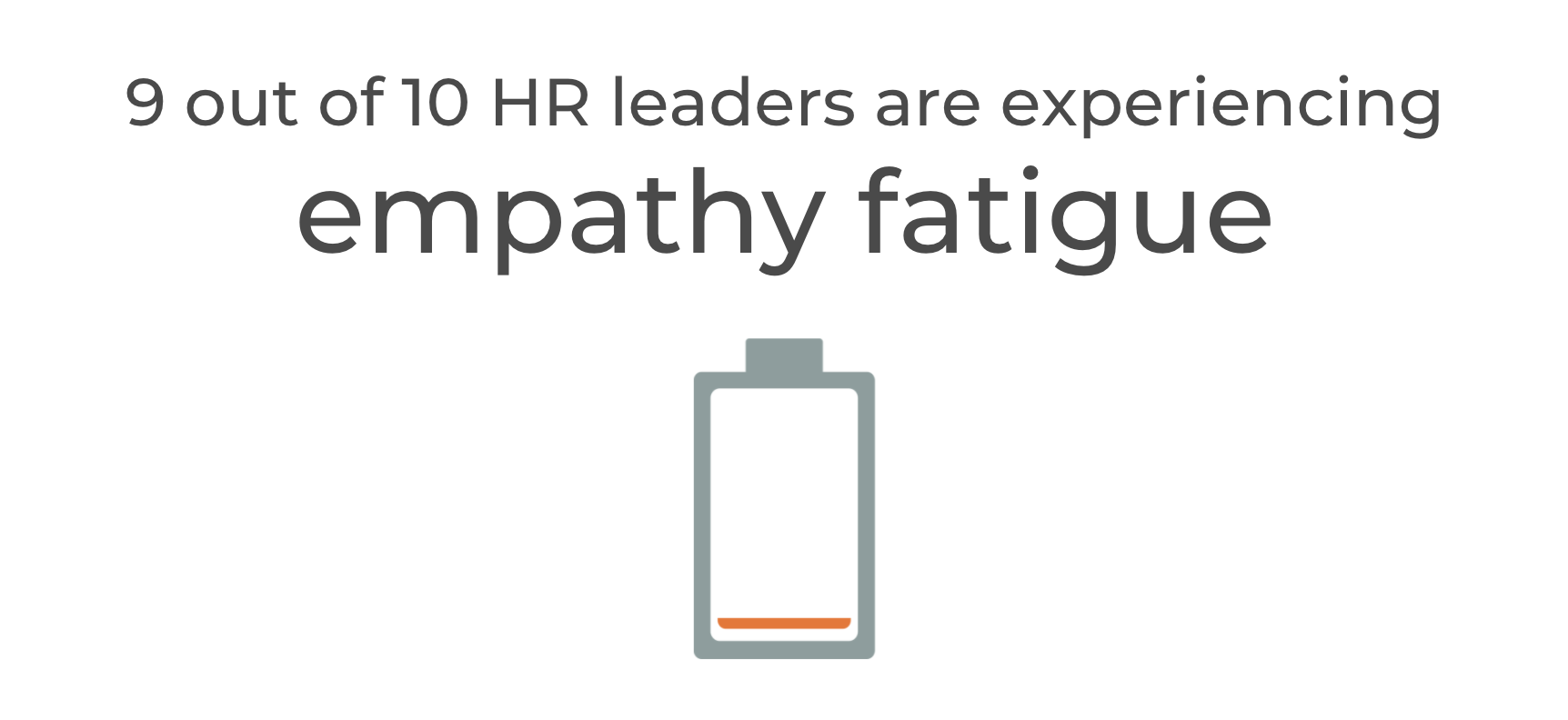The Case for Employee Engagement Surveys
 You might think you’re the best boss in the world, and maybe you are. You might think your organizational culture is the best in the world, and maybe it is. But what do your employees think about working for you and the organization? Do they love showing up to work every day? Do they think your company embraces the right values?
You might think you’re the best boss in the world, and maybe you are. You might think your organizational culture is the best in the world, and maybe it is. But what do your employees think about working for you and the organization? Do they love showing up to work every day? Do they think your company embraces the right values?
If you don’t know the answers to these questions, you can’t be the best boss in the world or have the best culture.
That’s because great bosses have their fingers on the pulse of their employees all year long (figuratively, definitely not literally). They understand the importance of keeping their employees engaged, and they also know they can’t do that wholly on their own. Which is why they turn to employee engagement surveys, and here's why you should too:
Engagement Directly Affects the Bottom Line — Significantly
Engaged employees are more likely to be happier in their positions, which means they’re less likely to search for new jobs. What’s more, engaged employees develop close relationships with their colleagues, making your team considerably more productive.
The more engaged your employees are, the healthier your organization’s bottom line will be. It’s really that simple.
A Majority of U.S. Workers Are Not Engaged
According to a Gallup survey, 31.5% of Americans indicated that they were engaged at their jobs in 2014. Gallup maintains a daily engagement ticker, and at the time of this writing, that number has slightly improved to 32.9%.
That’s still fewer than one-third of U.S. workers. According to these statistics, there’s a good chance at least some employees at any given organizations are disengaged, making engagement surveys all the more practical.
You Get a Bird’s-Eye View of Your Organization at a Specific Moment in Time
 SOURCE: giphy.com
SOURCE: giphy.com
By regularly conducting employee engagement surveys, managers gain access to critical data about their organizations as they exist in a specific moment.
When surveys are given out on a weekly or biweekly basis, managers are able to discover potential problems right away. For example, if a bunch of folks in your marketing department indicate that their new manager is being ridiculous, decision makers can intervene right away to get the team back on track.
That sure beats waiting until the end of the year to find out what’s going on at your company — and likely losing some valuable employees along the way.
Employees Care About Engagement
Would you rather be excited to show up to work every day or dread it? According to a survey by Psychometrics, 82% of employees say that it’s very important that their companies focus on improving engagement.
Issuing engagement surveys on a regular basis is a great and easy way to show your employees that you care about their concerns. And beyond that, you’re addressing those concerns in a very public way. Think back to all the jobs you’ve had during your career. You almost certainly liked the gigs you held at organizations that cared about how you were feeling more than the jobs you had at places that treated you like another cog.
(Tired of not being heard at work? Click here to anonymously refer your organization.)
Listening to Your Employees Is a Great Way to Build Trust
In top-down organizations, workers are forced to take directives from their superiors. From time to time, their bosses might solicit their feedback and ideas, but for the most part, these are just token gestures. In such professional hierarchies, it’s hard for employees to believe that their bosses actually care about their concerns. How can they ever be sure that their bosses are looking out for them?
On the other hand, by utilizing employee surveys, bosses are able to establish a foundation of trust in the relationships they build with their workers. Not only do employees regularly get to comment anonymously on how they perceive their organization, but management can also enact changes based precisely on those recommendations.
What better way is there to build trust?
Your Team Will Become More Productive
 SOURCE: giphy.com
SOURCE: giphy.com
Let’s say your editorial director loves to hold multiple meetings with their team throughout the course of the week. Unbeknownst to you, the entire editorial department despises these meetings. Workers feel as though they’re completely unproductive, and they’re a huge waste of time.
Enter engagement surveys, and all of a sudden bosses become aware of how the department is feeling. Equipped with that knowledge, they can call a meeting with the editorial director to say, hey, you know what, maybe you shouldn’t have as many meetings.
By utilizing these types of surveys, workers are able to clearly relay their plights, and thanks to anonymity, they don’t have to worry about any pushback. Changes can then be made to boost productivity.
It’s Easy to Identify Which Areas Need Improvement
No matter how smooth your operation is, there are definitely areas that could stand improvement. Since you’re not down in the trenches on a day-to-day basis, it may be impossible for you to identify precisely which areas those are.
When you send out engagement surveys, it’s incredibly easy to identify trends. If your developers all rate their supervisor poorly, for example, it’s probably time to have a sit-down meeting with that individual to see how they can alter their approach to management.
You Can Tap Into Incredible Ideas
When your employees are able to easily and directly offer their feedback and insights into what’s going on at their organization, managers are bound to receive a slew of informative data. Some of that information might be about their bosses. Some might be about company policies. Others might be about benefits.
But beyond that, employee engagement surveys can shine a light on fantastic ideas that are brewing in the heads of your employees. Remember, some employees might be too shy to share their ideas. Or maybe they’re simply not confident enough in their ideas so they hesitate to share them.
If you use employee engagement surveys, you’re almost certainly bound to unlock a few brilliant ideas over the course of a year, if not considerably sooner.
They’re Easy to Use and Quick to Administer
Thanks to technology, you don’t have to spend much time administering and analyzing employee engagement surveys. And it won’t take your employees forever to provide feedback, either.
Not only do engagement surveys provide you with actionable data in near-real time, but they also do so in a way that doesn’t disturb your team’s productivity. When given on a regular basis at steady intervals, engagement surveys provide decision makers with solid data that can be leveraged to improve operations and streamline productivity.
RELATED POSTS:
Share this
You May Also Like
These Related Stories

15 Employee Engagement Activities Your Team Will Actually Enjoy

7 Reasons You Should Be Using Employee Engagement Software



.png?width=534&height=632&name=blog%20ad%20(1).png)
